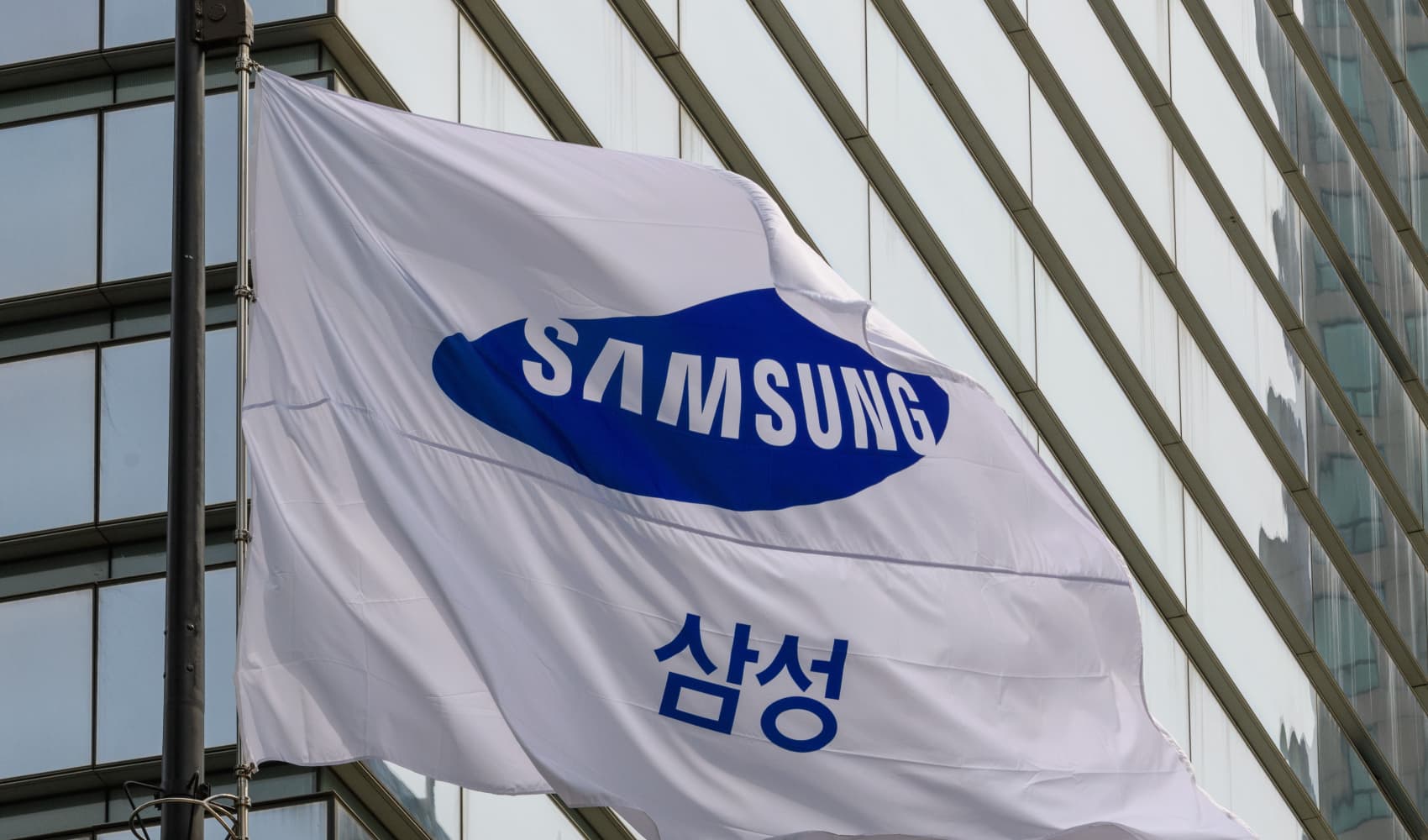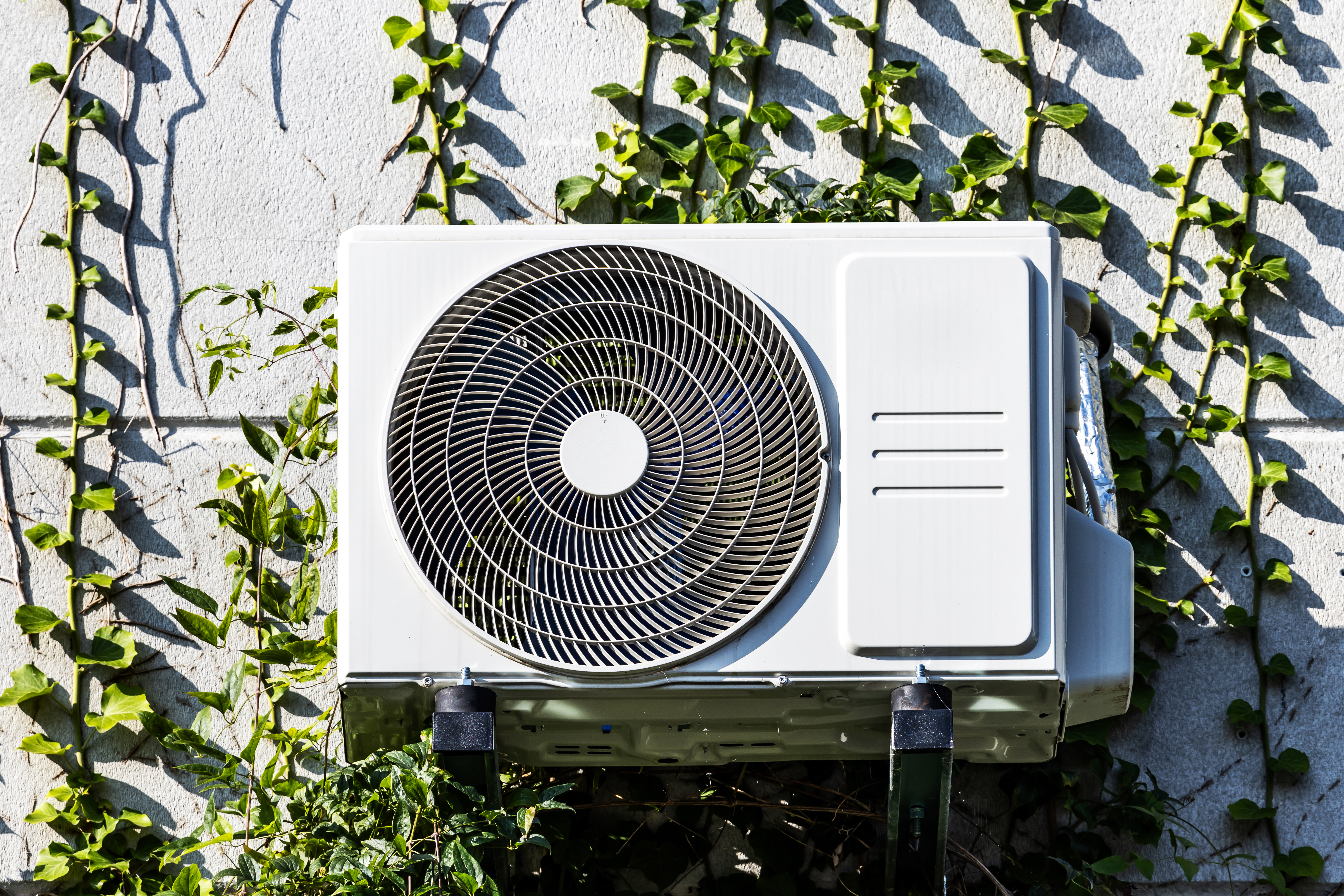AI's Dirty Secret? Amazon Turns to Fossil Fuels for Power
AI's Dirty Secret? Amazon & Nvidia Consider Fossil Fuels for Power
The Elephant in the Data Center: AI and Energy
Artificial intelligence. It's revolutionizing everything, from self-driving cars to medical diagnoses. But powering this revolution takes a lot of... well, power. And that power needs to come from somewhere. The surprising twist? Tech giants like Amazon and Nvidia are admitting that "somewhere" might include fossil fuels. Yes, you read that right. Are we sacrificing our climate goals for faster processing speeds? Let's dive in and explore this complex issue.
Oklahoma City Summit: Where Tech Meets Oil
This week, Oklahoma City became the unlikely epicenter of a crucial conversation. Executives from Amazon and Nvidia met with oil and gas industry leaders at the Hamm Institute for American Energy. The goal? To figure out how the U.S. can meet the ever-increasing energy demands of AI data centers. It sounds like the start of a strange movie, doesn't it? But this meeting signals a significant shift in how Big Tech is approaching its energy needs.
The "All Options on the Table" Approach
The headline coming out of the meeting was clear: Amazon and Nvidia are considering all options, including fossil fuels like natural gas, to power AI. This statement is a far cry from the renewable energy pledges that have dominated the tech industry's PR for years. Why the sudden change of heart? Is it just pragmatism, or something more?
Breaking Down the "All Options" Statement
What does "all options on the table" really mean? Let's unpack it:
- It acknowledges the sheer scale of energy required by AI.
- It signals a willingness to compromise on renewable energy goals, at least in the short term.
- It opens the door for collaboration with the fossil fuel industry.
Renewables: A Green Dream, A Power Reality?
For years, tech companies have touted their investments in solar, wind, and other renewable energy sources. They've made ambitious commitments to carbon neutrality. But can renewables truly keep pace with the insatiable appetite of AI?
The Limitations of Renewable Energy
Here's the harsh truth:
- Renewable energy sources are intermittent. The sun doesn't always shine, and the wind doesn't always blow.
- Energy storage technologies are still developing and can be expensive.
- Building new renewable energy infrastructure takes time and faces regulatory hurdles.
Are these insurmountable challenges? No. But they highlight the immediate appeal of more reliable, albeit less sustainable, energy sources.
The Trump Effect: Politics and Climate Change
The article alludes to a "changed political environment," referencing President Donald Trump's withdrawal from international climate agreements. While the article truncates this point, it's worth expanding. Political winds can significantly influence corporate decisions. With less pressure from the government to prioritize renewable energy, companies may feel more comfortable exploring other options.
Natural Gas: The Bridge Fuel?
Natural gas has often been touted as a "bridge fuel" – a cleaner alternative to coal that can help transition to a fully renewable energy future. But is it really a sustainable solution for AI's power needs?
The Pros and Cons of Natural Gas
Let's weigh the advantages and disadvantages:
- Pros: Lower carbon emissions than coal, relatively abundant supply, existing infrastructure.
- Cons: Still a fossil fuel, contributes to greenhouse gas emissions, potential for methane leaks.
Is it a perfect solution? Absolutely not. But it might be a necessary compromise to keep the AI revolution humming along.
Coal: A Line in the Sand?
The article mentions that the idea of using coal was met with "unease" by the tech executives. This suggests that even in a pragmatically driven search for power, some lines won't be crossed. But why the aversion to coal specifically?
Why Coal is a No-Go for Tech Giants
Here's why coal remains a pariah:
- It's the dirtiest of the fossil fuels, with significantly higher carbon emissions than natural gas.
- It carries a heavy public relations burden, associated with pollution and environmental damage.
- It doesn't align with the long-term sustainability goals that many tech companies still espouse.
Even with the increased energy demand, coal appears to be a bridge too far for tech companies concerned with their public image and long-term sustainability pledges.
Data Centers: The Unseen Energy Hogs
We talk a lot about AI's capabilities, but rarely about the physical infrastructure that supports it. Data centers, the massive warehouses filled with servers that power the cloud and AI applications, are enormous energy consumers.
The Environmental Impact of Data Centers
Consider this:
- Data centers consume around 1-3% of global electricity.
- Their energy consumption is growing rapidly, driven by the increasing demand for cloud services and AI.
- Cooling these massive server farms requires even more energy.
These facilities are critical for modern life, but their environmental impact cannot be ignored.
The Race for Energy Efficiency
One of the key solutions to this energy dilemma is to improve the energy efficiency of AI hardware and software. The less energy each computation requires, the less overall power is needed.
Innovations in Energy-Efficient AI
Here are some promising developments:
- Developing new chip architectures that are more energy-efficient.
- Optimizing AI algorithms to require fewer computations.
- Using advanced cooling technologies to reduce energy consumption in data centers.
These innovations can help reduce the overall energy footprint of AI, making it more sustainable.
Public Perception: Walking the Green Talk
Tech companies are acutely aware of public perception. Consumers increasingly demand that businesses operate sustainably. Can they afford to be seen as backtracking on their environmental commitments?
The Balancing Act: Power vs. Principles
This presents a tricky balancing act:
- Meeting the growing energy demands of AI.
- Maintaining a positive public image as environmentally responsible companies.
- Staying true to their stated sustainability goals.
Navigating this complex landscape will require transparency, innovation, and a willingness to engage in difficult conversations.
Beyond Fossil Fuels: Exploring Alternative Energy Solutions
While natural gas might be on the table, what about other alternative energy sources? Could nuclear power, geothermal energy, or even hydrogen fuel play a role in powering AI?
The Potential of Emerging Energy Technologies
Here are some possibilities to consider:
- Nuclear Power: A carbon-free energy source that can provide a reliable baseload power supply.
- Geothermal Energy: Harnessing the Earth's internal heat to generate electricity.
- Hydrogen Fuel: A clean-burning fuel that can be produced from renewable sources.
These technologies are still developing, but they offer promising pathways to a more sustainable energy future for AI.
Collaboration: Tech and Energy Working Together
The Oklahoma City meeting highlights the growing need for collaboration between the tech and energy industries. Solving this energy challenge will require a joint effort.
Building Bridges Between Tech and Energy
Here's what collaboration could look like:
- Tech companies investing in renewable energy projects alongside energy companies.
- Energy companies developing new technologies to reduce the carbon footprint of fossil fuels.
- Sharing data and expertise to optimize energy consumption and improve grid efficiency.
By working together, these industries can find solutions that are both economically viable and environmentally responsible.
The Ethical Implications of AI's Energy Consumption
As AI becomes more integrated into our lives, we need to consider the ethical implications of its energy consumption. Are we prioritizing technological advancement over environmental sustainability?
Addressing the Ethical Dilemmas
Here are some questions to consider:
- Who bears the burden of AI's energy consumption?
- How can we ensure that AI is used for good, and not to exacerbate existing inequalities?
- What responsibility do tech companies have to mitigate the environmental impact of their technologies?
These are complex questions that require careful consideration and open dialogue.
The Future of AI: A Sustainable Path Forward?
The energy dilemma facing AI is not insurmountable. By embracing innovation, collaboration, and a commitment to sustainability, we can find a path forward that allows us to harness the power of AI without sacrificing our planet's future. It won't be easy, but it's essential.
Conclusion: Navigating the AI Energy Crossroads
The news that Amazon and Nvidia are considering all energy options, including fossil fuels, highlights a critical challenge: powering the AI revolution sustainably. While renewable energy remains the long-term goal, the immediate demands of AI data centers are forcing tech companies to explore all possibilities, including natural gas. The key takeaway? The path forward requires a balancing act – weighing immediate needs against long-term sustainability goals, and fostering collaboration between the tech and energy industries to find innovative and responsible solutions. The conversation has started, and the stakes are high.
Frequently Asked Questions
- Why are tech companies like Amazon and Nvidia considering using fossil fuels after pledging to use renewable energy?
The massive energy demands of AI data centers are growing rapidly. While committed to renewable energy, current infrastructure and technology limitations make it difficult to rely solely on renewables. Using fossil fuels like natural gas is being considered as a short-term bridge to ensure AI operations remain uninterrupted.
- Is using natural gas to power AI a step backward for environmental sustainability?
It's a complex issue. While natural gas is less polluting than coal, it's still a fossil fuel contributing to greenhouse gas emissions. It can be considered a step backward in the immediate term, but it allows tech companies to continue developing and deploying AI technologies while simultaneously investing in renewable energy solutions and energy efficiency improvements.
- What are the alternatives to fossil fuels for powering AI data centers?
Besides traditional renewables like solar and wind, alternatives include nuclear power, geothermal energy, and emerging technologies like hydrogen fuel. Improving energy efficiency in AI hardware and software, along with advanced cooling technologies in data centers, can also significantly reduce energy consumption.
- How are tech companies addressing the public's concern about using fossil fuels to power AI?
Transparency is key. Tech companies are emphasizing their continued commitment to renewable energy investments and highlighting their efforts to improve energy efficiency. They are also engaging in dialogue with stakeholders to explain the complexities of the energy challenge and demonstrate their dedication to finding sustainable solutions in the long run.
- What can individuals do to help reduce the energy consumption of AI?
While individual impact might seem small, it adds up. You can support companies that prioritize sustainability, be mindful of your cloud storage usage, and advocate for policies that promote renewable energy and energy efficiency. Being an informed and engaged consumer can drive change from the bottom up.


